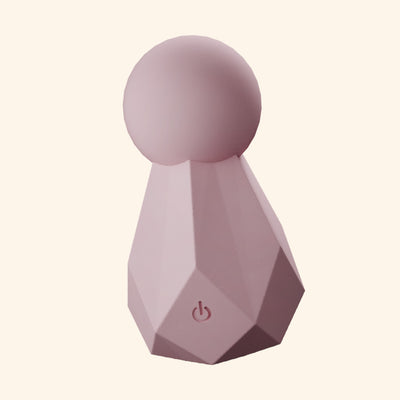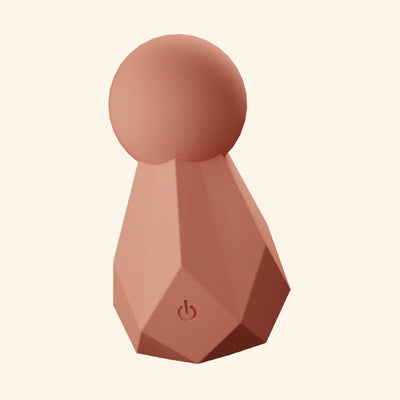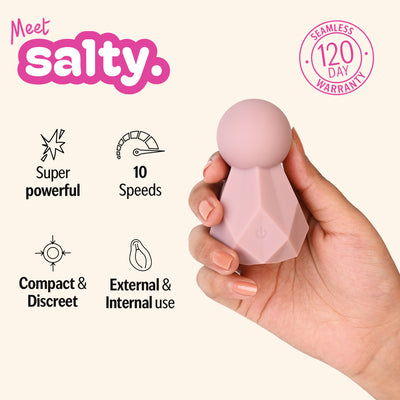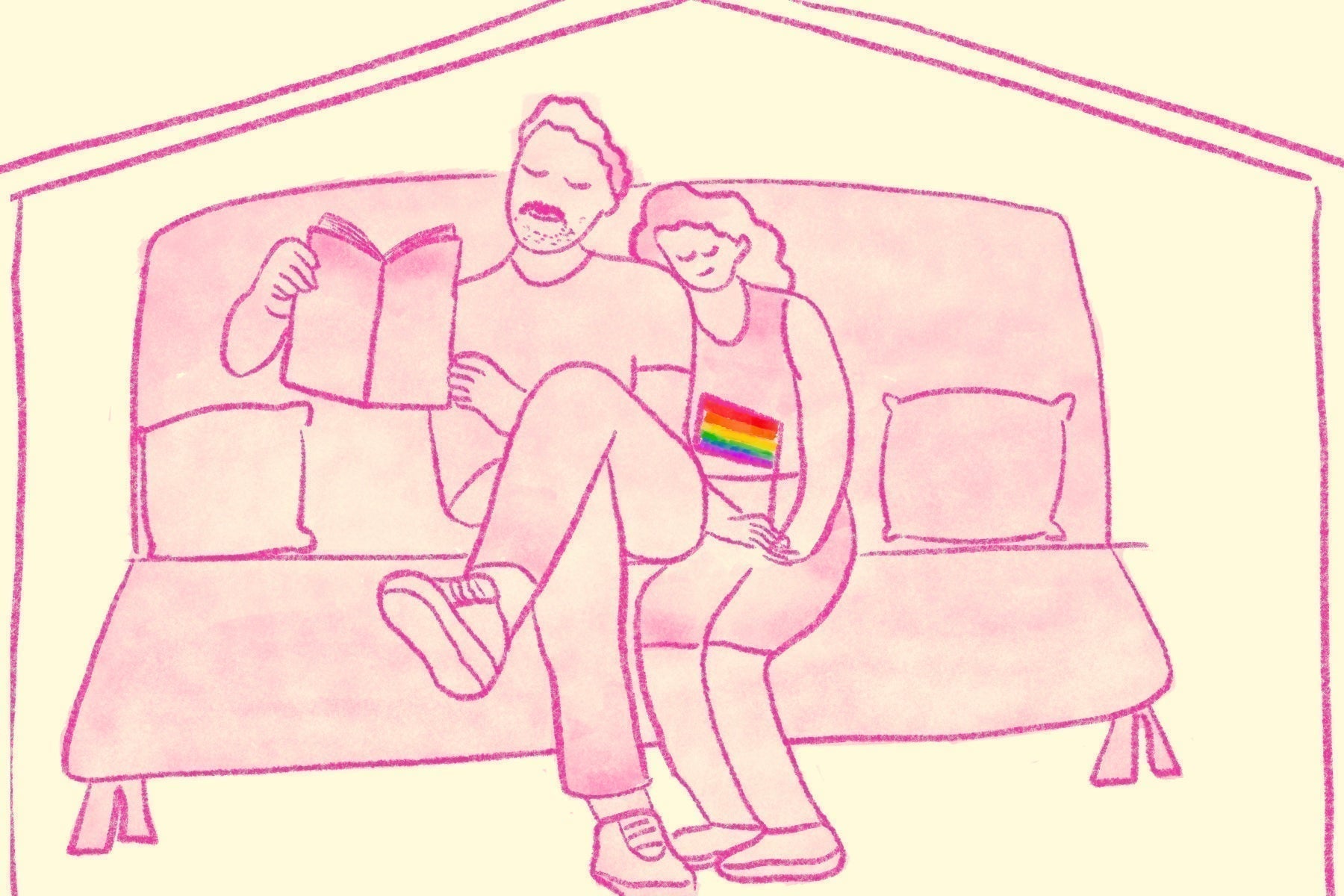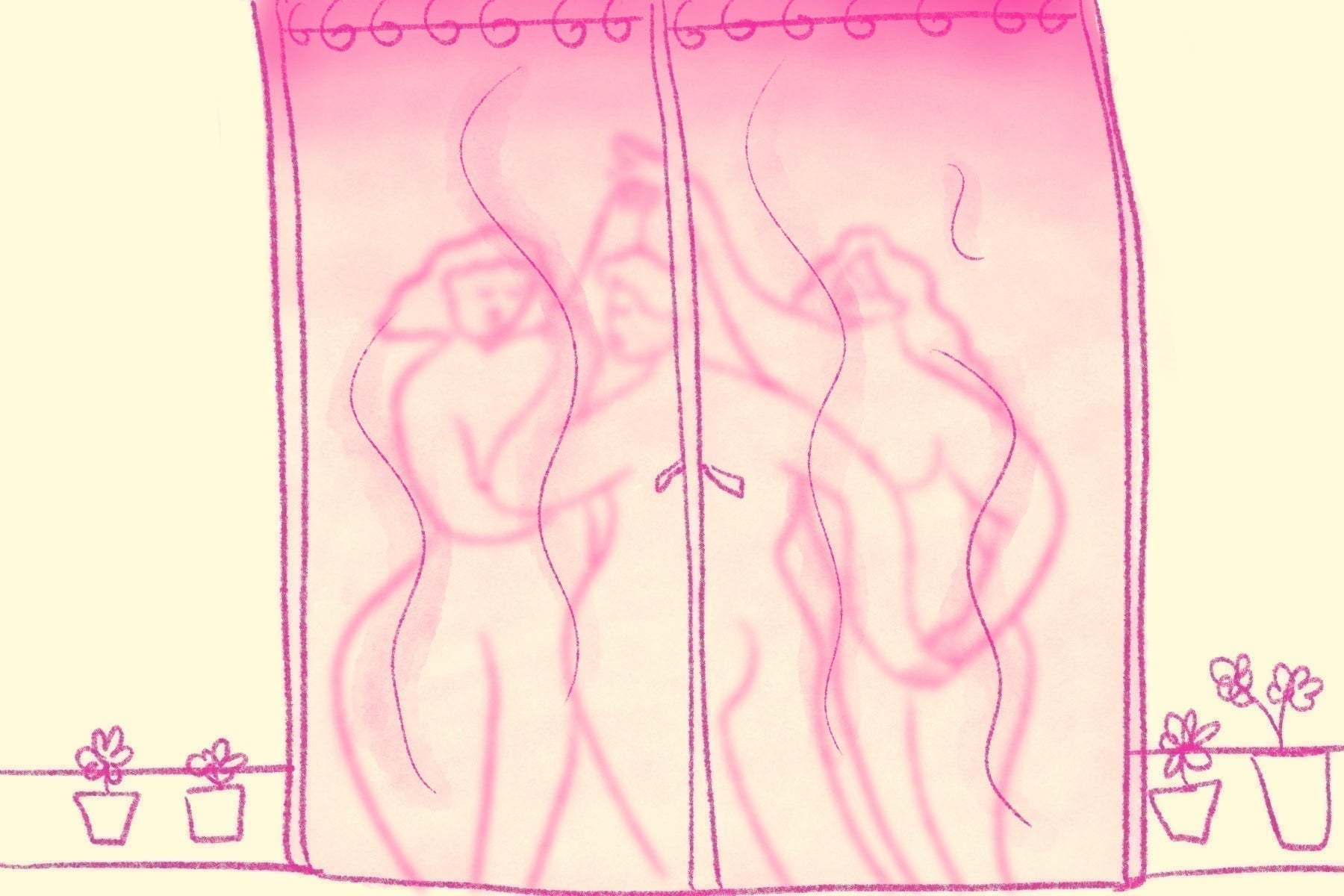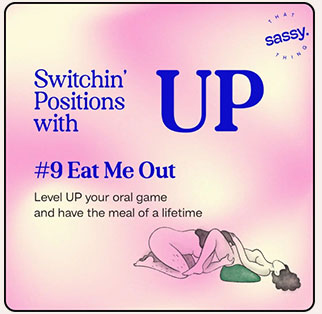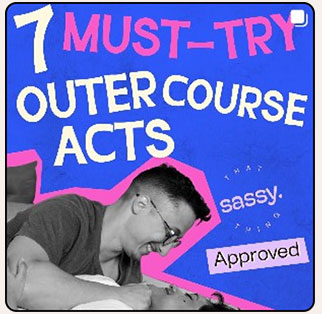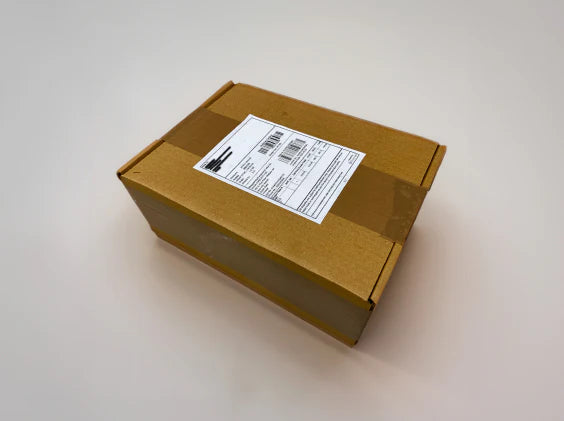Your cart is currently empty
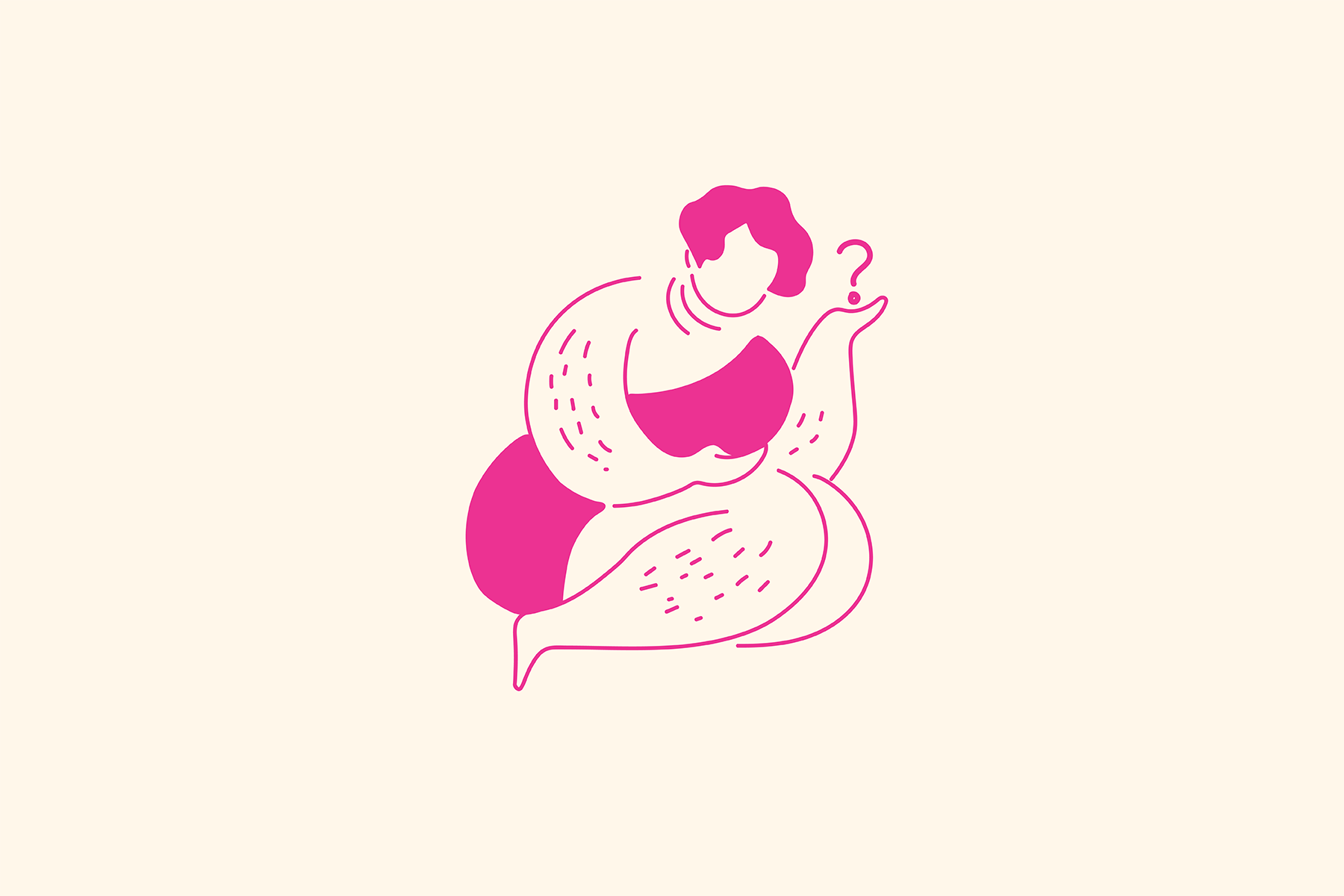
In a country where approximately one in every five women get diagnosed with Polycystic Ovarian Syndrome (PCOS), we would expect people to know about it at a superficial level, at least. Reality check: A whopping 65 percent of the Indian female population are still unaware of PCOS symptoms, as per a nationwide survey conducted earlier last year. Of course, the situation is far worse for penis owners, many of whom continue to hesitate or discourage talking about the good ol’ periods.
As someone who's been living with PCOS for 2 years now, the journey from being in passive denial to fostering an active lifestyle has been nothing short of chaotic. I often get this pit-ish feeling in my stomach when I recall the first reactions of those closest to me. My grandmother was very particular about me not mentioning this in the family because they would assume I’m infertile. My best friend back then took upon himself the task to body-shame me to bits. My parents were concerned about me losing weight immediately. With all that was happening, one thing no one bothered to discuss was my mental well-being.
To fall back on scientific grounds, hormones are one of the major components of your PCOS/PCOD trajectory. These not only look after the menstrual cycle but are closely involved in stimulating one’s moods–for better or worse. PCOS in some cases leads to a hormonal imbalance causing emotional upheaval. But this is something I learned about on my own because my gynecologist was more focused on my BMI and birth control pills:
“We've got to get this under control and see if you start bleeding on your own, or else we will have to put you on hormonal (pills).”
It was difficult enough to digest my situation, and feeling overwhelmed wasn’t exactly welcoming. My weight was concerning for her since she could observe it; I wish my panic attack would have been just as prominent. She explained how the name might be scary but it’s more or less a lifestyle-dependent condition. And that sometimes, I might get acne, bloated, body hair, moody, sad during or before my cycles or, not get my period at all. “Not exactly a fair playfield”, I thought to myself. Plus, for a society that inherently brings down vulva owners, judging them for their body types, physical appearance (read: fatphobic), her being fixated on my weight made things a lot more complicated.
Body image concerns might not always be new to those living with PCOS, but it often triggers them for the worst. Having the typical doctor-patient chat, it’s shocking how mechanical it can sound—the monotonous narration of symptoms and side effects had me spinning, for sure. I had to sit, fill my bladder for an ultrasound, and then not eat anything for hours. All this while, I had no idea what the future beholds.
“How serious is this?”
“Will I get better?”
“Is this chronic?”
“Will I be able to engage sexually?”
There were questions that remained unanswered and by the second day of my shiny new diet and medication, I broke down. My body didn’t seem like my own, my face was filled with pimples, and I sensed oil reservoirs in my scalp. And, I wish I could simplify how exactly I was feeling back then. When I dropped 12.5 kgs in 2 months, I was shocked at my own ‘progress’. I heard various complisults, some better than others, which made me vary of my physical appearance again. I could feel my collar bones but lost touch with my own self. So even though the weight was now gone, the insecurities stayed.
Daily social interactions shape our thinking about how we perceive bodies, our own, and that of others. Whether it is an Instagram post, article, ad, or a film you saw, we tend to absorb the representations shown. This effect is well-known and documented, yet we underestimate its influence. In my case, body hair seemed distasteful, especially after my PCOS diagnosis. Those tiny hairs around my chest, my tummy, my face, and my shoulders seemed incongruent with what I saw in popular media or even my own circles. There was a certain gaze that pressurized me into resorting to shaving periodically, so as to avoid disgust and shame. It took a lot of self-reflection to recognize society’s projections of idealism and take a call for myself to choose the fate of the hair on my body. When That Sassy Thing introduced Bush, an all-natural, multi-purpose oil–their message was clear: paving the way for products catering to the needs of the bodies that have been neglected or misrepresented. Made for your body hair—shave it, wax it, or grow it, it is a concoction of essential oils like Hemp, Chamomile, and Clary Sage that works amazingly well for softening and smoothening all hair and skin.
If this wasn’t enough, my period cramps became worse over time. They were erratic, unpredictable, and painful—much like my mood swings. I personally haven’t been a big fan of ingesting tablets but I felt like it was my only option. The distress caused served as a double-edged sword; if I am stressed, my period might be pushed or if I don’t have my period, it might make me stressed. Sachee, who birthed That Sassy Thing, could resonate with this struggle and hence came forth with her story. Their Soothing Stick has thus been designed keeping in mind the anti-inflammatory and pain-relieving properties of hemp oil and soothing essential oils like Lavender, Geranium, and Wheatgerm, that ease period cramps, headaches, bloating and help keep calm.
When you’re told about PCOS, the script doesn’t include personalized versions of those awful symptoms. The generalizations not only make the treatment less human but also hinders self-management, which is crucial to people with PCOS.
As a concluding note, we do hope that more gynecologists and medical practitioners come to terms with the mental and emotional toll a condition like PCOS can take, try to acknowledge the same, and also recommend professional help if need be.
You don’t have to go through this alone, boo!
------
Sources: ANI News & The Hindu
-------

Anuja Razdan (she/her) is a student/mental & sexual health advocate based in Delhi-NCR, who is currently pursuing her Masters in Psychology from Savitribai Phule Pune University. Being a queer cis woman who is aspiring to practice as a psychotherapist in future, she hopes to essentiate a queer affirming, intersectional feminist, pleasure-positive and kink allied approach towards mental health—on a personal & professional level. All-in-all, she’s your quintessential dog lady with a blue typewriter, living three blocks away, probably writing about you.



